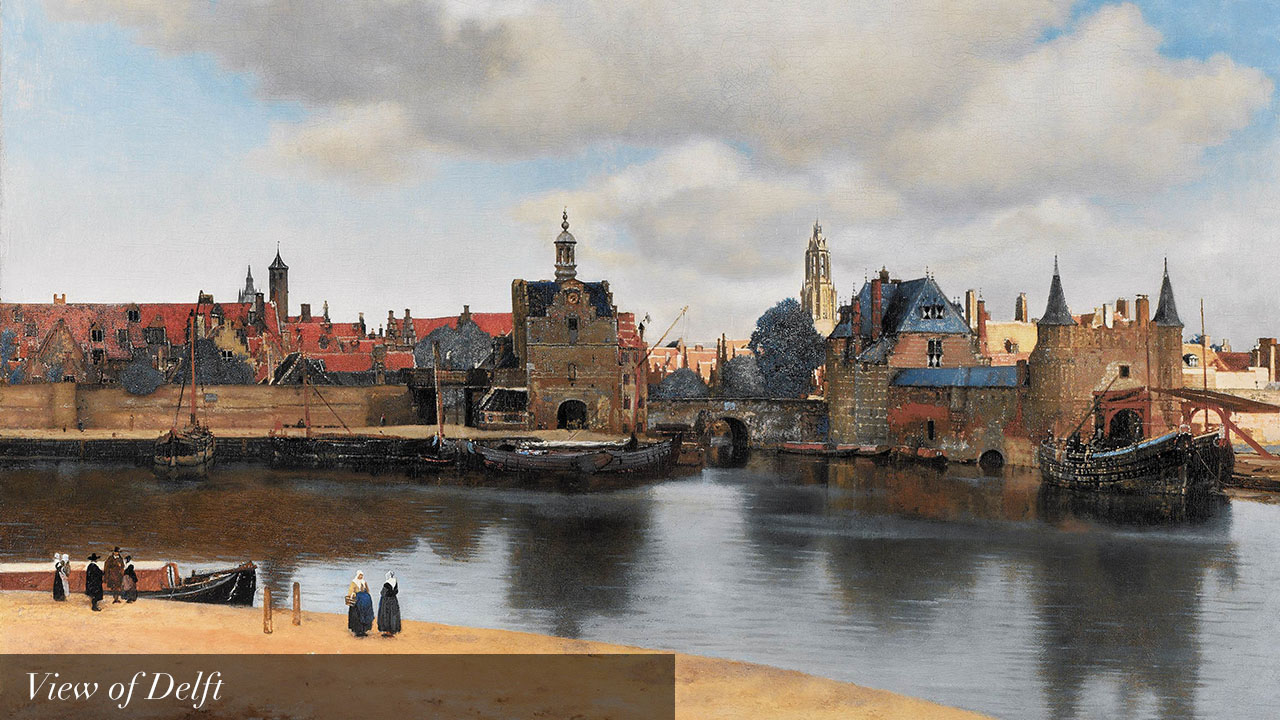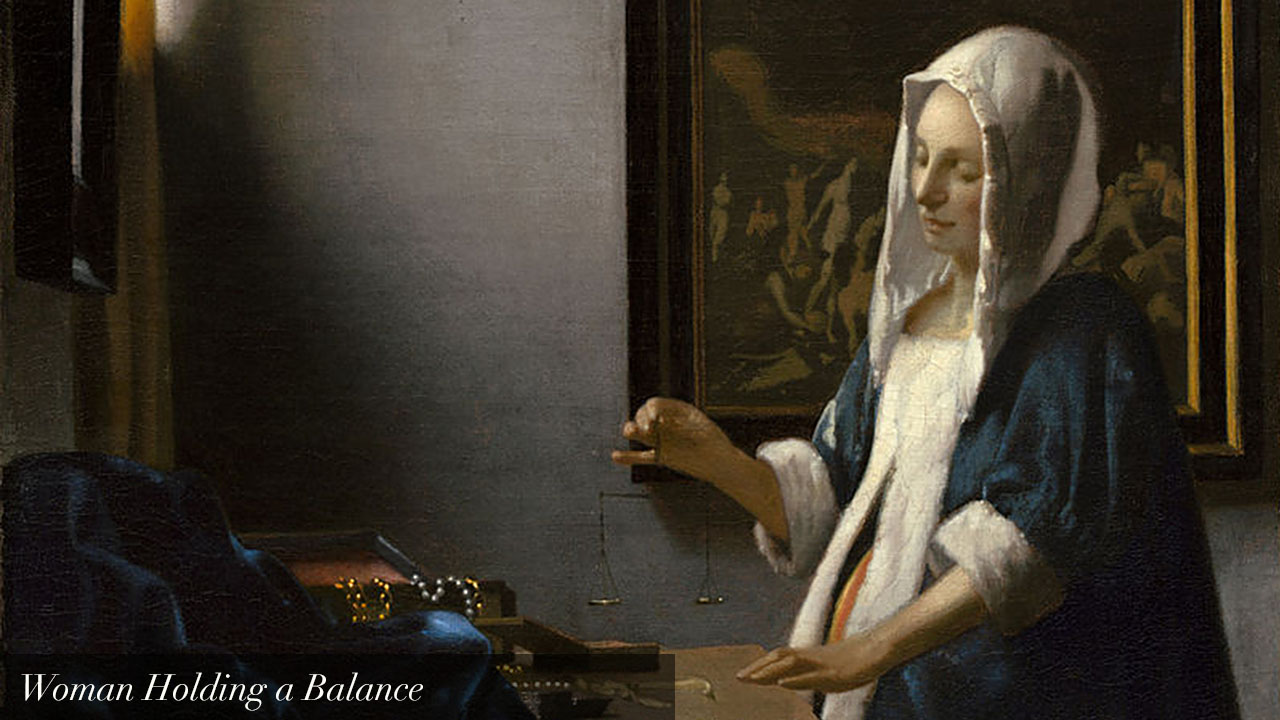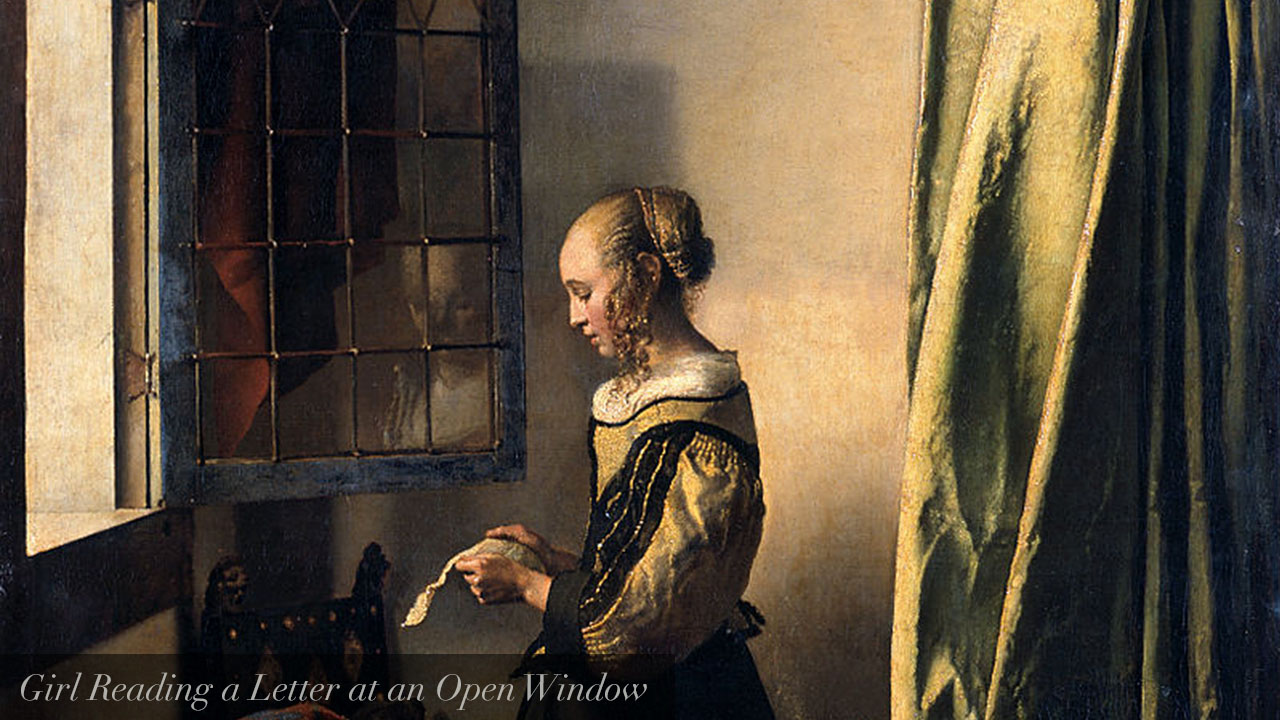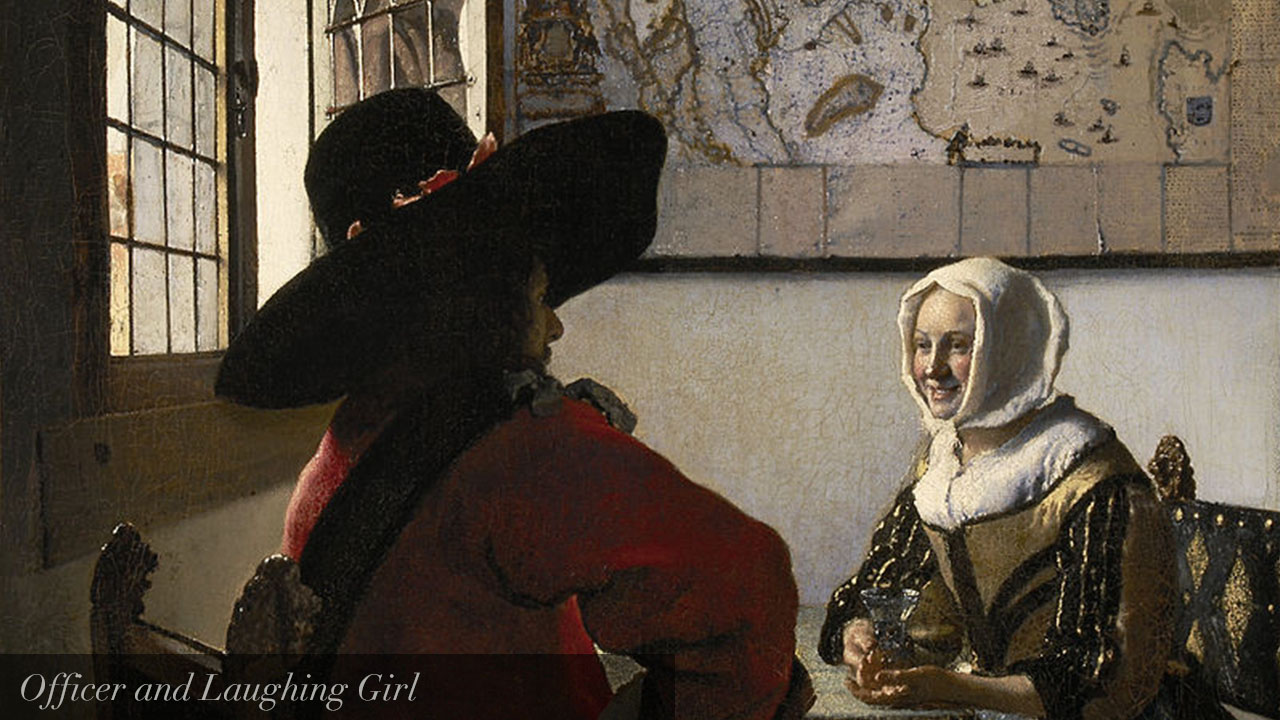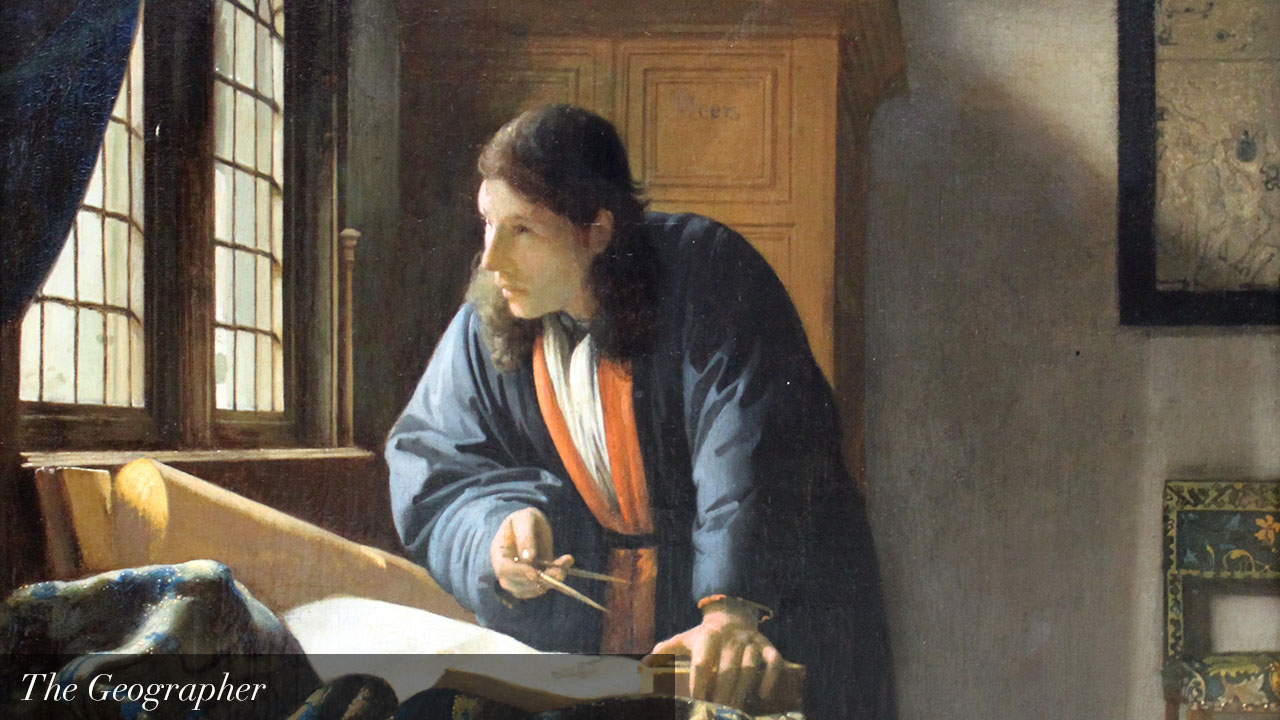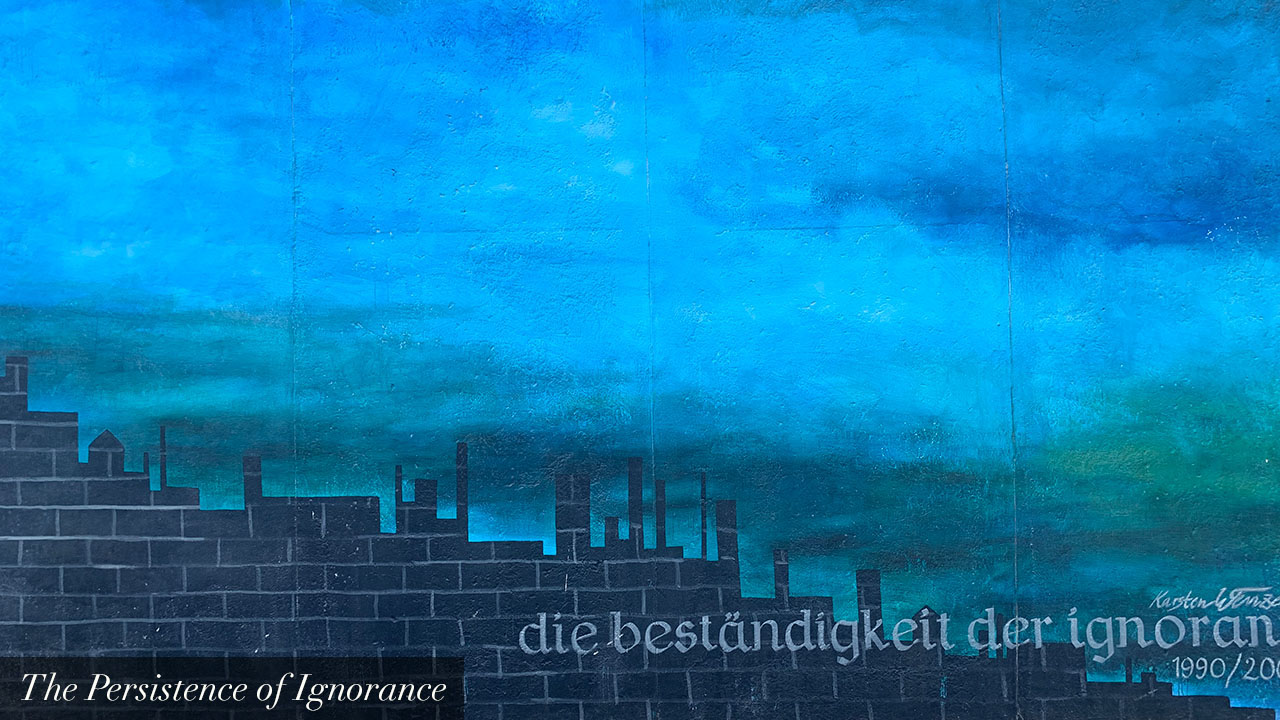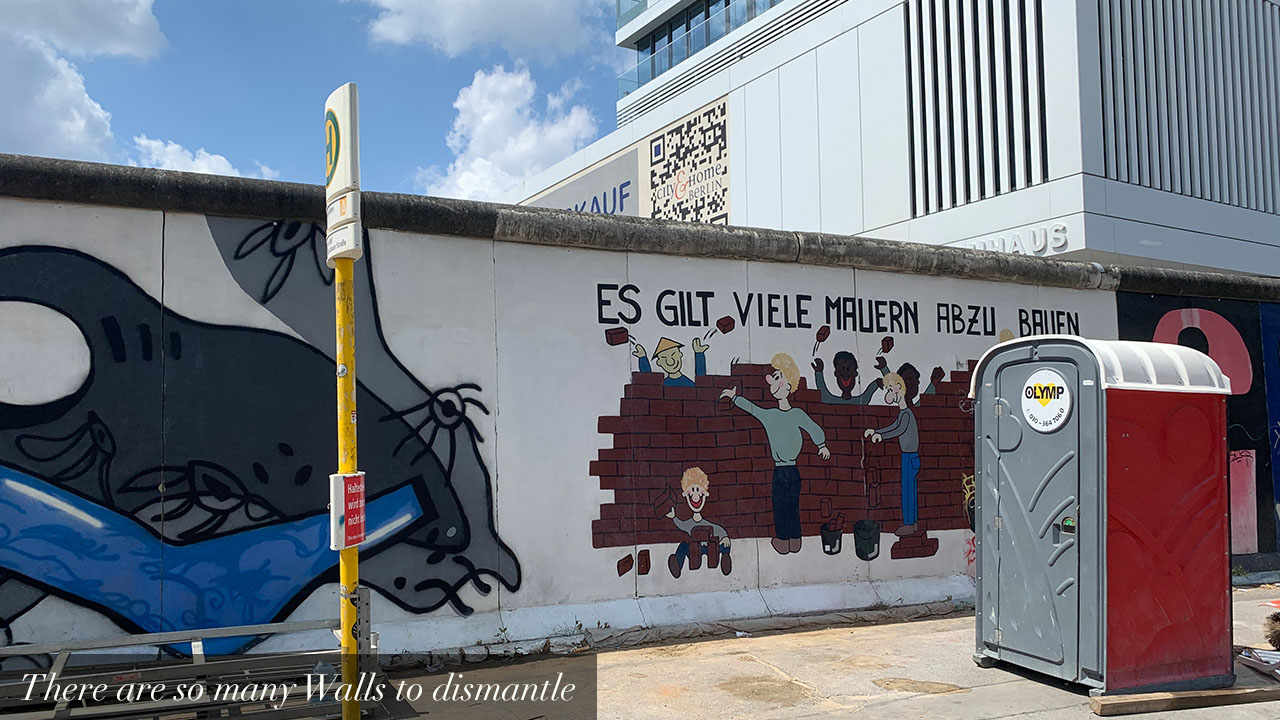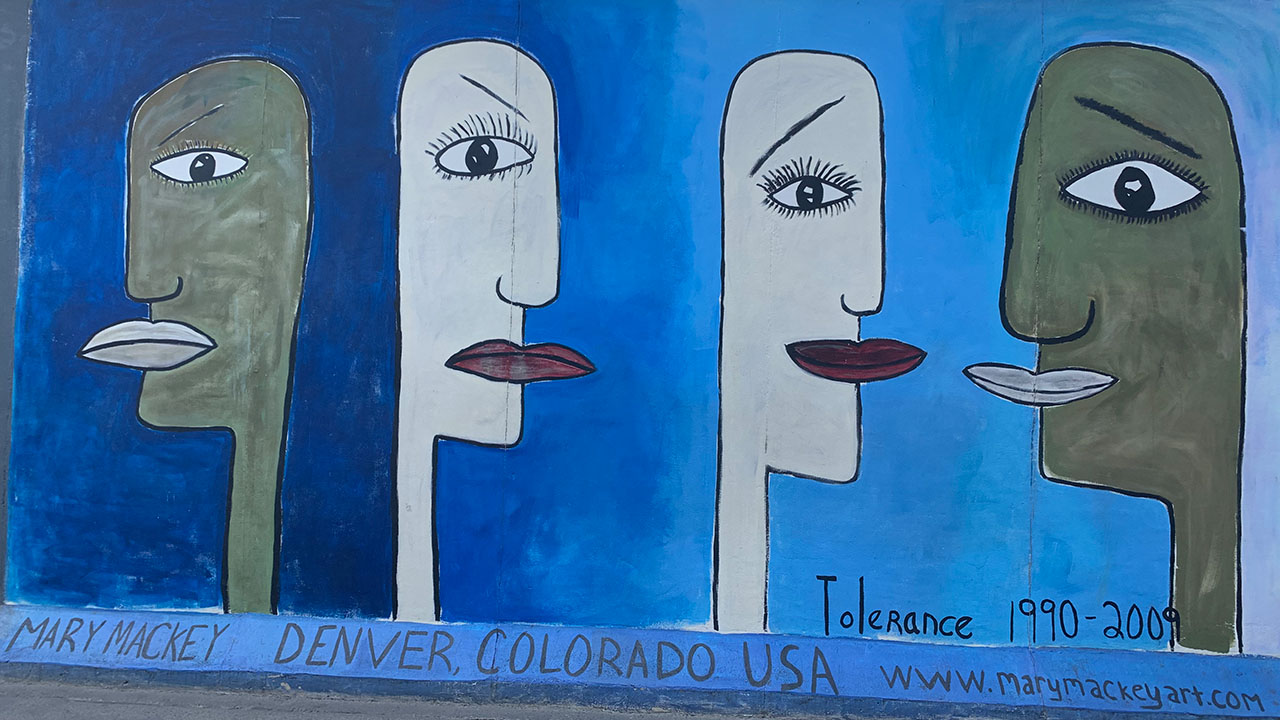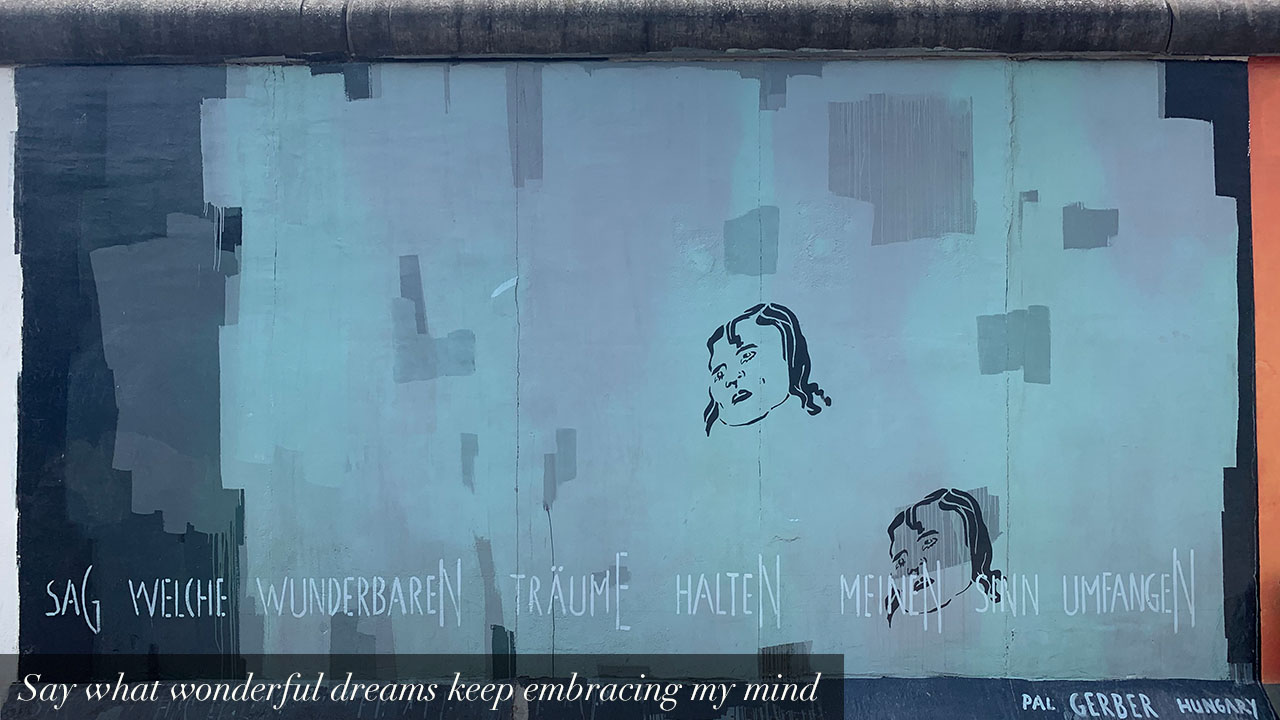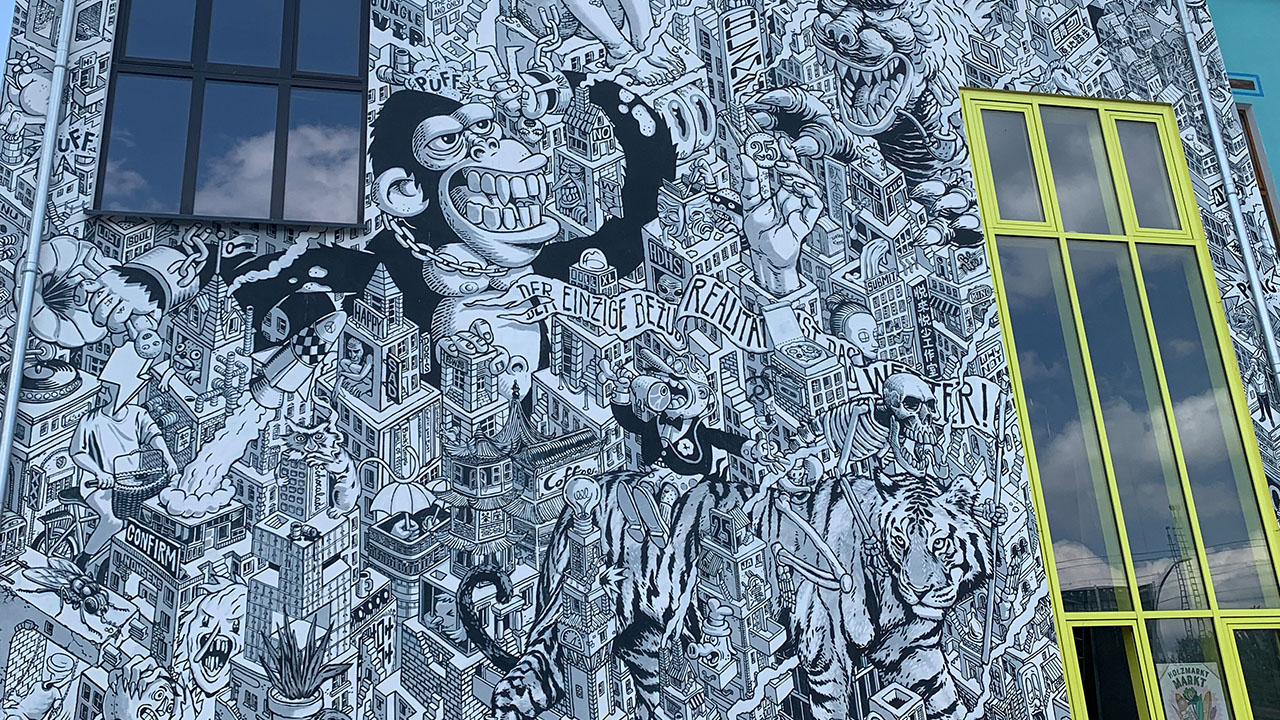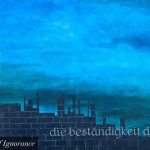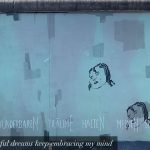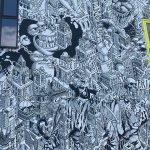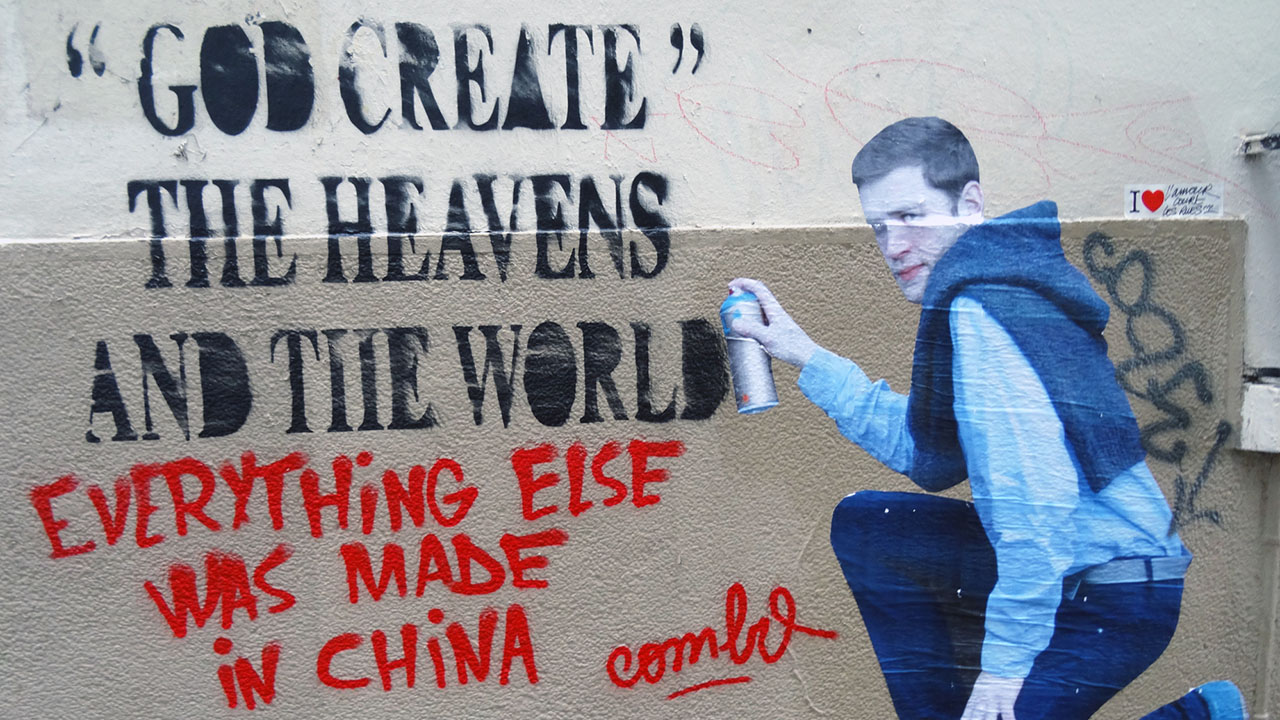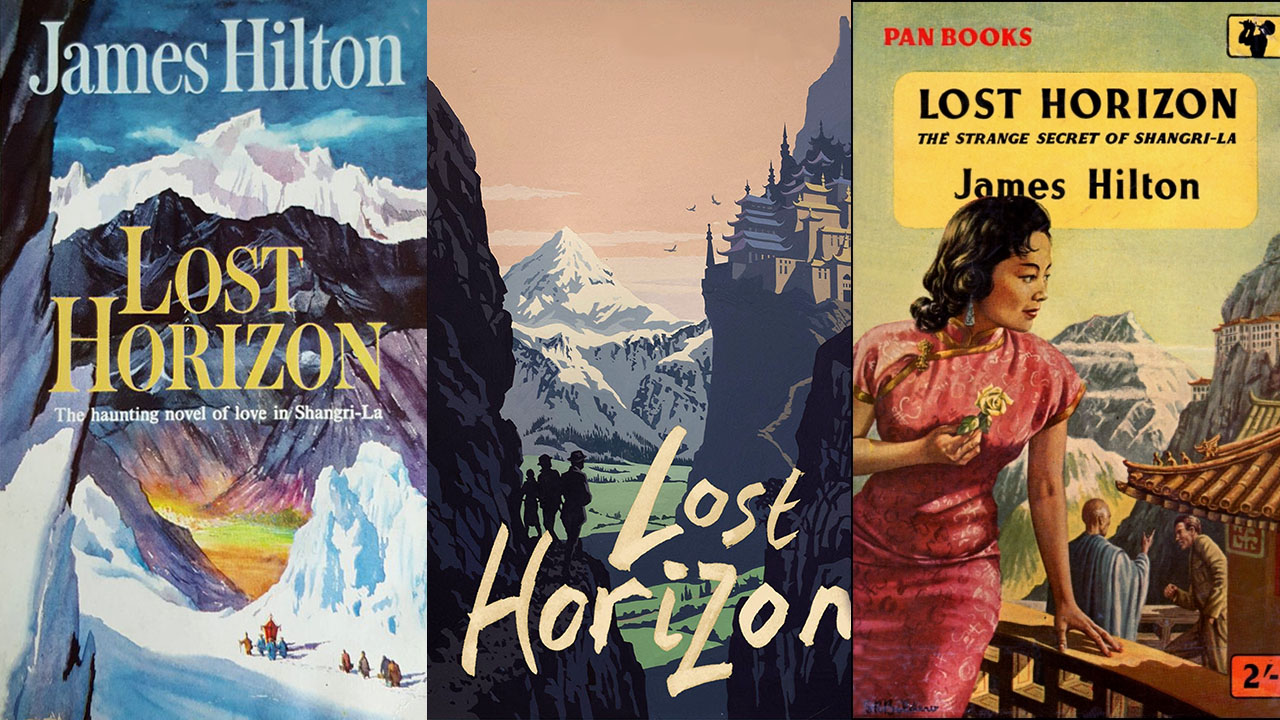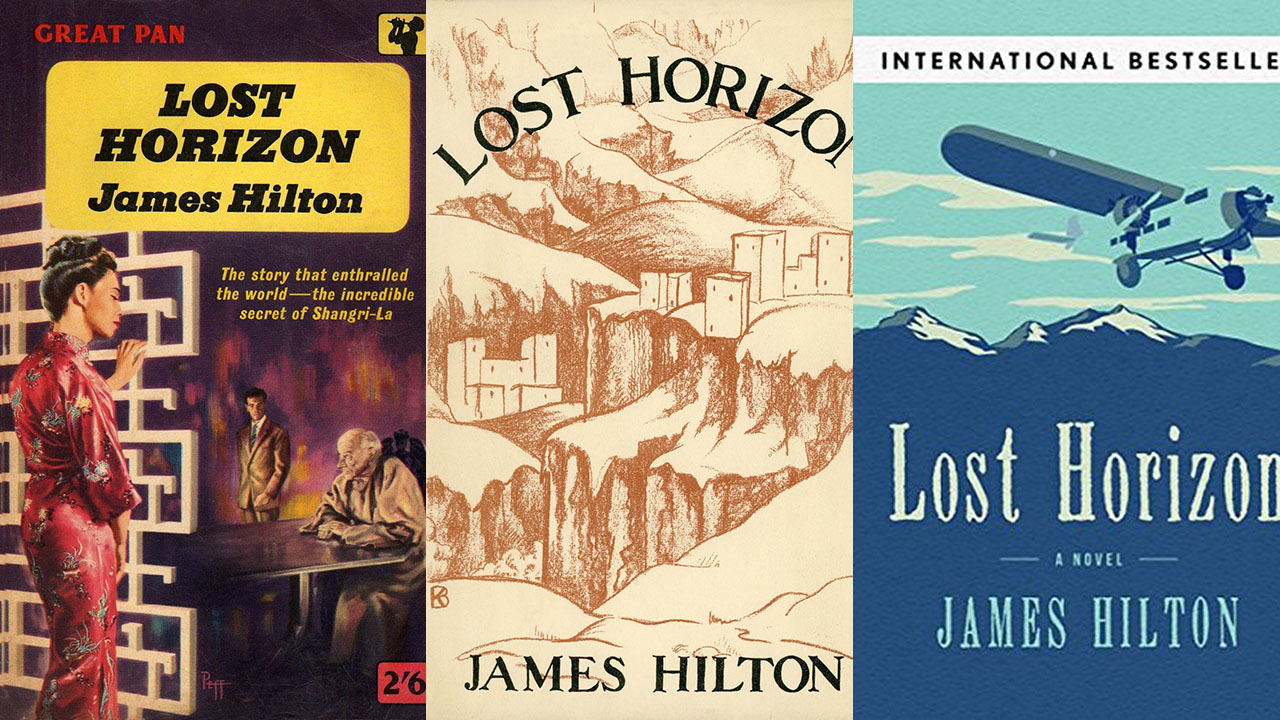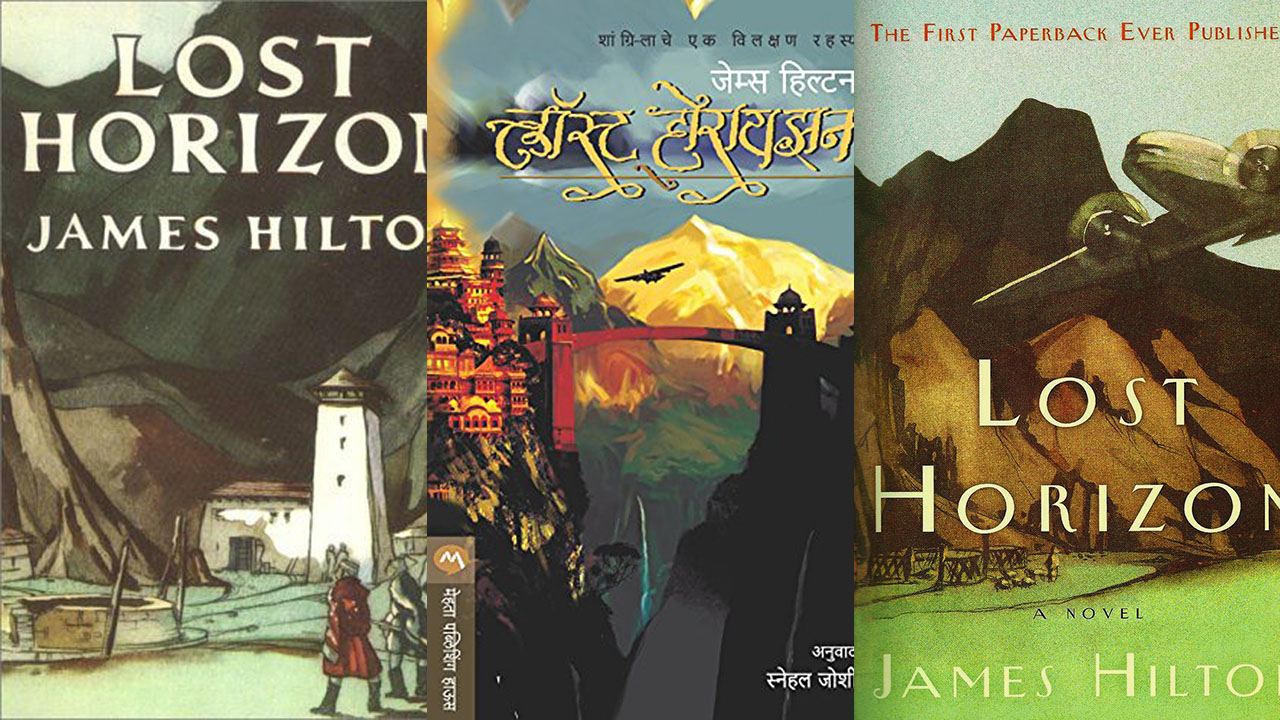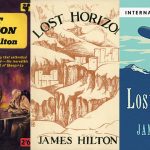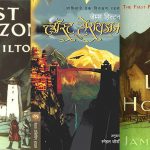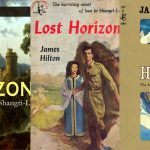The Year of the Ox. According to Chinese astrology, as well as others, our destiny is directly related to the position of the planets at the time of our birth. Chinese astrologers, observing the orbit of Jupiter around the sun, divided it into 12 sections, corresponding to 12 years, each named after an animal.
In his magnificent Vermeer´s Hat, sinologist Timothy Brook (Chinese name 卜正民) has produced an impressive and unusual piece of research work: has chosen not to focus on the beauty and technical perfection of Vermeer’s paintings, nor his mysterious personal life, nor why one of the greatest painters ever was only recognized two centuries after his death—thanks largely to 19th century French art critic Théophile Thoré. Instead, Brook has produced a meticulous analysis of the objects that appear in five of his paintings, to show us the importance of international trade in the seventeenth century between China and the West, and particularly, Vermeer’s home town of Delft, which played a hitherto largely unknown role until recently.
The first thing Brook does is to challenge the way we look at paintings, telling us to stop seeing them as windows to other times and places. “Chief among these habits is a tendency to regard paintings as windows opening directly onto another time and place. It is a beguiling illusion to think that Vermeer’s paintings are images directly taken from life in XVII century Delft. Paintings are not “taken”, like photographs; they are “made”, carefully and deliberately, and not show an objective reality so much as to present a particular scenario,” argues Brook. Through a careful analysis of these scenarios, Brook creates a map of the world of the time.
With the future of international trade, and particularly with China, a hot topic, Vermeer’s Hat offers a highly stimulating and cosmopolitan perspective of the world.
(Español) Story based on a graffito photographed in Beijing´s 798 art district. “However bad things may seem, if you’re positive, you’ll feel like Cleopatra, even without high heels or anything… –says Marina”.
How Berlin East Side Gallery graffiti can help to speed up our de-donkeyfication process.
During a visit this weekend to Berlin, I was hoping to continue with my plan (Inhshallah) to write about the Chinatowns I come across during my travels, but there isn’t one in the German capital: the best-laid plans… The closest Berlin comes to a Chinatown is in Kantstrasse, in Charlottenburg, but in reality, Berlin is a graffiti town. Wherever you go, you’ll find a wall or some corner that’s been painted.
I’ve chosen these graffiti from the East Gallery, painted on one of the last remaining stretches of the Berlin Wall along Warschauer Strasse in Kreuzberg, both for their message and their esthetic. If I had to choose one in particular, I’d go for The Persistence of Ignorance, which sadly is the worst photograph, because I’m not such a great photographer, and so part of the graffito is missing. Ignorance manifests itself in so many ways: as lack of knowledge or ability.
As is well known, we come into this world as donkeys, and it is only after a great deal of hard work that education de-donkeys us. It’s a long process, as summed up by the Chinese proverb Live to be old, learn until you are old (活到老, 学到老 huó dào lǎo, xué dào lǎo. Also see The civilizing influence of Lady Gaga).
In short, de-donkeyfication takes a long time; there are few walls as big as the wall of ignorance, although there are many other walls that need to be knocked down, as another of these graffiti points out.

P.S: We would like to thank the authors of the graffii, whose authorship we know: The persistence of ignorance by Karsten Wenzel, Tolerence by Mary Mackey, Pal Gerber
French street artist Combo has become a symbol of diversity, celebrating co-existence and encouraging us to “Fear no one, fear nothing”. He has plastered Hong Kong with Google advertisements banned in China and been beaten up while at work in Paris, but undeterred, he continues to spread his message.
We can’t avoid acting in accordance with plans, after all, a plan provides security and reduces our degree of uncertainty to tolerable levels. That said, it’s also nice to forget the plan and allow life to surprise us, because a surprise can often give us that vital hit we were hoping for or simply lift us out of our planned boredom.
I say this because flying between Beijing and Shanghai last week, I picked up a copy of the China Daily and half-heartedly began to scan its pages. When I opened it, I came across a great article called Where is Shangri-La? by Simon Chapman and DJ Clark about one of my favorite books, Lost Horizon, by the writer and prolific smoker James Hilton, who was born in 1900 and died at the early age of 54.
Needless to say, Lost Horizon, published in 1933 and an immediate international best-seller, is the origin of the term Shangri-La, a fictional Tibetan utopia that has not only captured the western imagination, along with other mythical places such as El Dorado and Xanadu, but also lends its name to an international hotel chain. Any number of communities have claimed to be the origin of the paradise Hilton invented (incidentally, he never visited the region), among them, Lijiang, Zhongdian, both in China’s Yunnan province. Shangri-La in Chinese is written 香格里拉 (Xianggelila).
Chapman and Clark focus on the question of why Hilton never admitted that the earthly paradise in his book was based on a series of articles written by the Austrian Joseph Rock published in the National Geographic, while accepting the lesser influence of Father Évariste Régis Huc.
I’ll leave you with the beginning of the novel, as said, one of my favorites, which is nothing more nor less than a great story well told: “Cigars had burned low, and we were beginning to sample the disillusionment that usually afflicts old school friends who have met again as men and found themselves with less in common than they had believed they had…

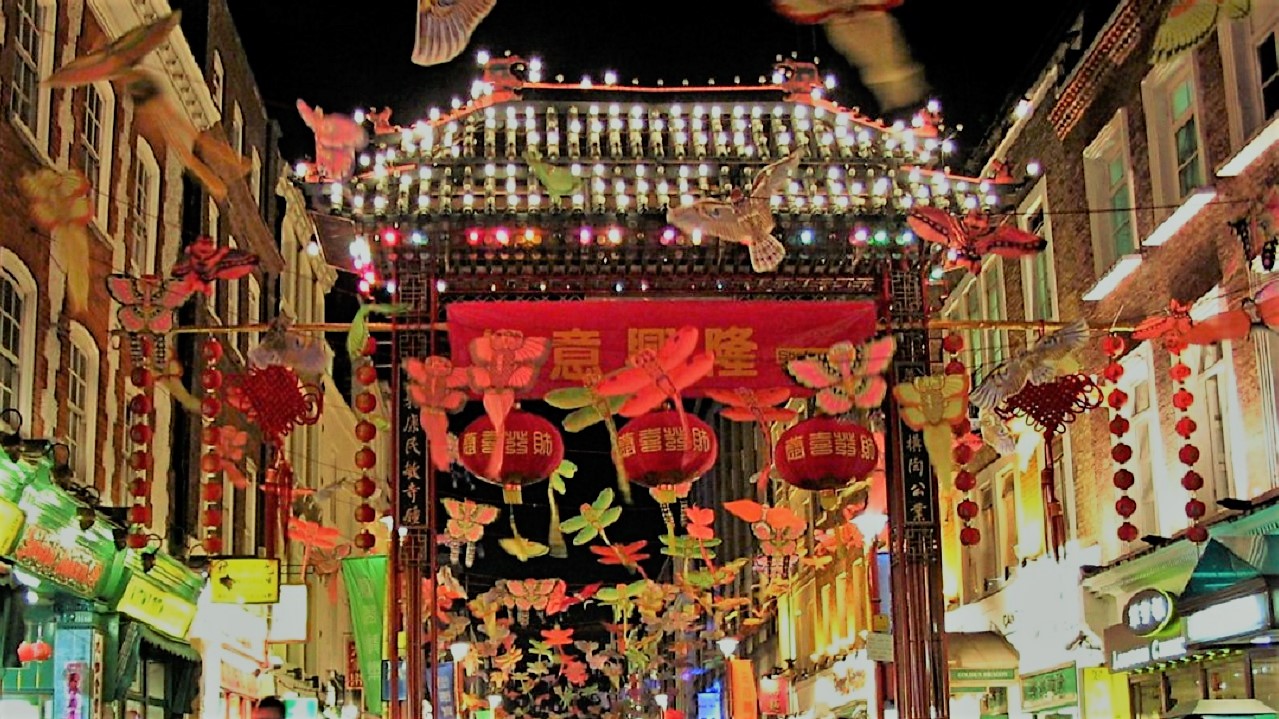
Shortly before a menino da rua snatched my cellphone in downtown Sao Paulo’s Praça Joao Mendes on Sunday, April 28, I had written a few brief notes about my future plans: in the city’s Chinatown and The New Silk Roads (see below).
I find what happened to me later strange. If there’s one thing we’re all worried about, it’s the future, but the future is nothing more than a hope. We hope to finish a post, earn more money or we hope that the world will become less crazy. As we know from experience, there’s no way that things are going to change in the immediate future, so we inject ourselves with the anesthesia of hope. The thing is that in our minds, as in fiction, things make sense. But reality is something else and makes no sense or has so many senses that they escape us. For me, a reality check robbed me of the immediate plans in my head and made me think once more about how fleeting everything around us is. I’m not about to get all transcendental, but this is a good moment to remember Tomara (Inshallah) by the great Vinicius de Moraes, because we never know when the end of the future we store in our small brains will be:
E a coisa mais divina
Que há no mundo
É viver cada segundo
Como nunca mais

It’s the most divine thing
There is in the world
To live each second
As though it were the last
“I’m in Brazil, in the country of the future, as Stefan Zweig called it in one of his last books. The idea is to take advantage of my blog, On China & other niceties, to write a series of posts about the Chinatowns around the world I visit as part of my work. Sao Paulo’s Chinatown is very unusual, if only because it was founded by Japanese immigrants, and today it is also home to Chinese and Koreans and its name no longer relates to its Japanese founders. Perhaps this is what I find so interesting, because I’ve just finished reading Peter Frankopan’s 2015 book The New Silk Roads, in which the British historian provides an excellent outline not just of the growing importance of China and its rivalry with the United States, but also because of what the Far East means to the world today, as he notes: However traumatic or comical political life appears to be in the age of Brexit, European politics or Trump, it is the countries of the Silk Roads that really matter in the twenty-first century.”
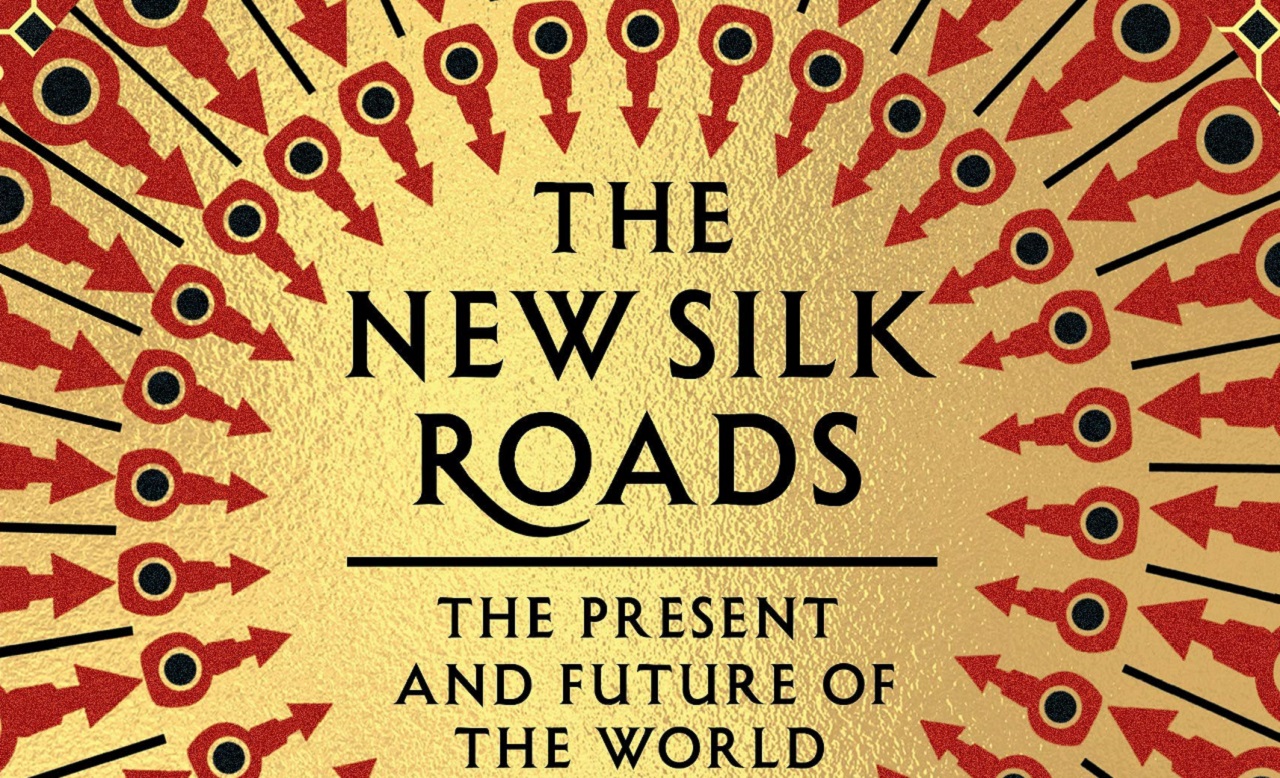
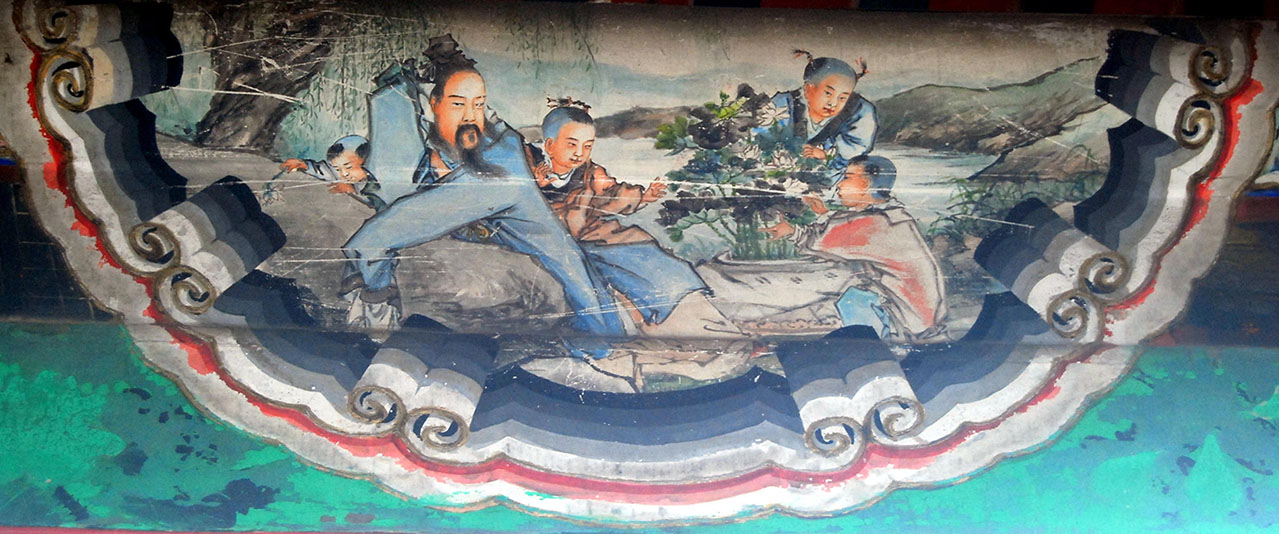
Zhou Dunyi & the lotus flower
The other day I showed my colleague Jaime Pascual, who claims to dislike poetry, a bad poem of mine (see below), called Distance, which vaguely (distantly) echoes the comments of eleventh century Chinese philosopher Zhou Dunyi (周敦頤) about Tao Yuanming’s (陶渊明) love of lotus flowers, writing seven hundred years earlier: “The lotus flower can be only appreciated from a distance, touching one is blasphemy” (可远观而不可亵玩焉)…The lotus flower emerges from the mud unsoiled (出淤泥而不染).
Perhaps we too should learn to keep our distance as we go about our daily lives, the better to remain unsoiled, like lotus flowers, oblivious to the mud around us. Jaime said he liked the idea of my poem and I was glad he had grasped it through poetry. I am convinced that poetry alone can express things in such a way as to make us believe there is still a chance of emerging from the mud unsoiled!
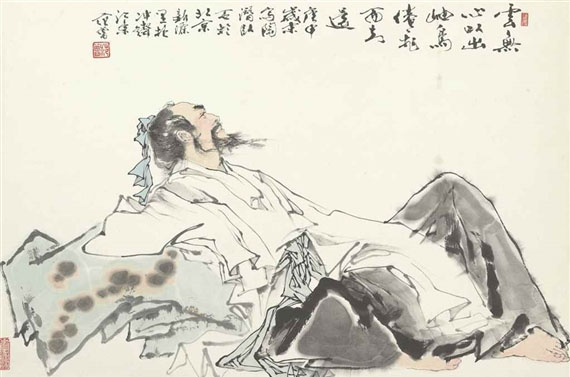
The Poet Tao Yuanming (陶渊明)
DISTANCE (1)
You wander through space.
Distance annoys. Distance intrigues.
You leave one place to get to another.
And when you get there…
It’s clear you don’t like what you find.
It could have been different.
In any event, where there’s distance you want to reduce distance.
Distance is stronger than taste.
You only want to conquer distance.
That’s why you travel from origin to destination.
Distance annoys, distance intrigues.
You only want to conquer distance.
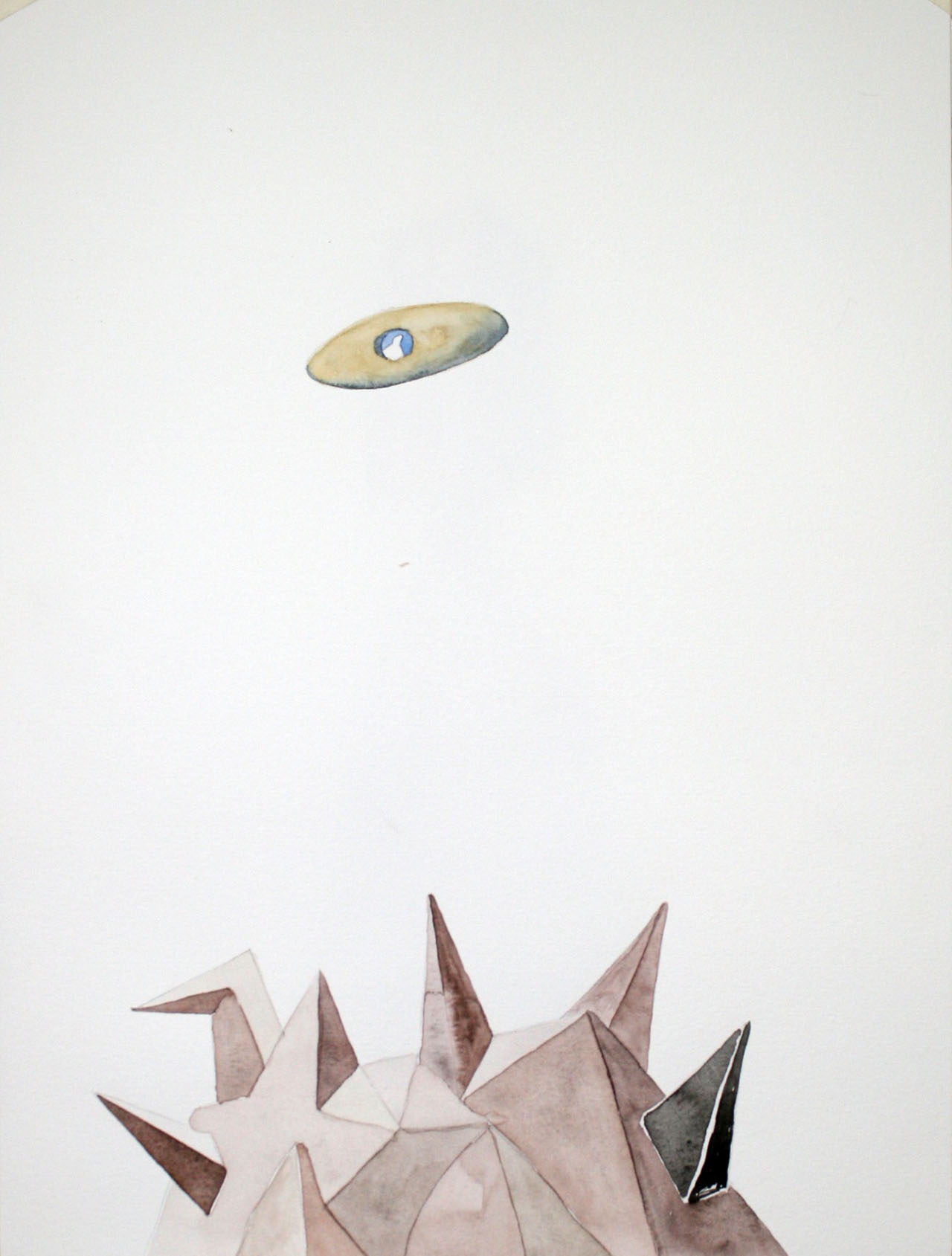
(1).
This poem was not included in my book Dibugrafías
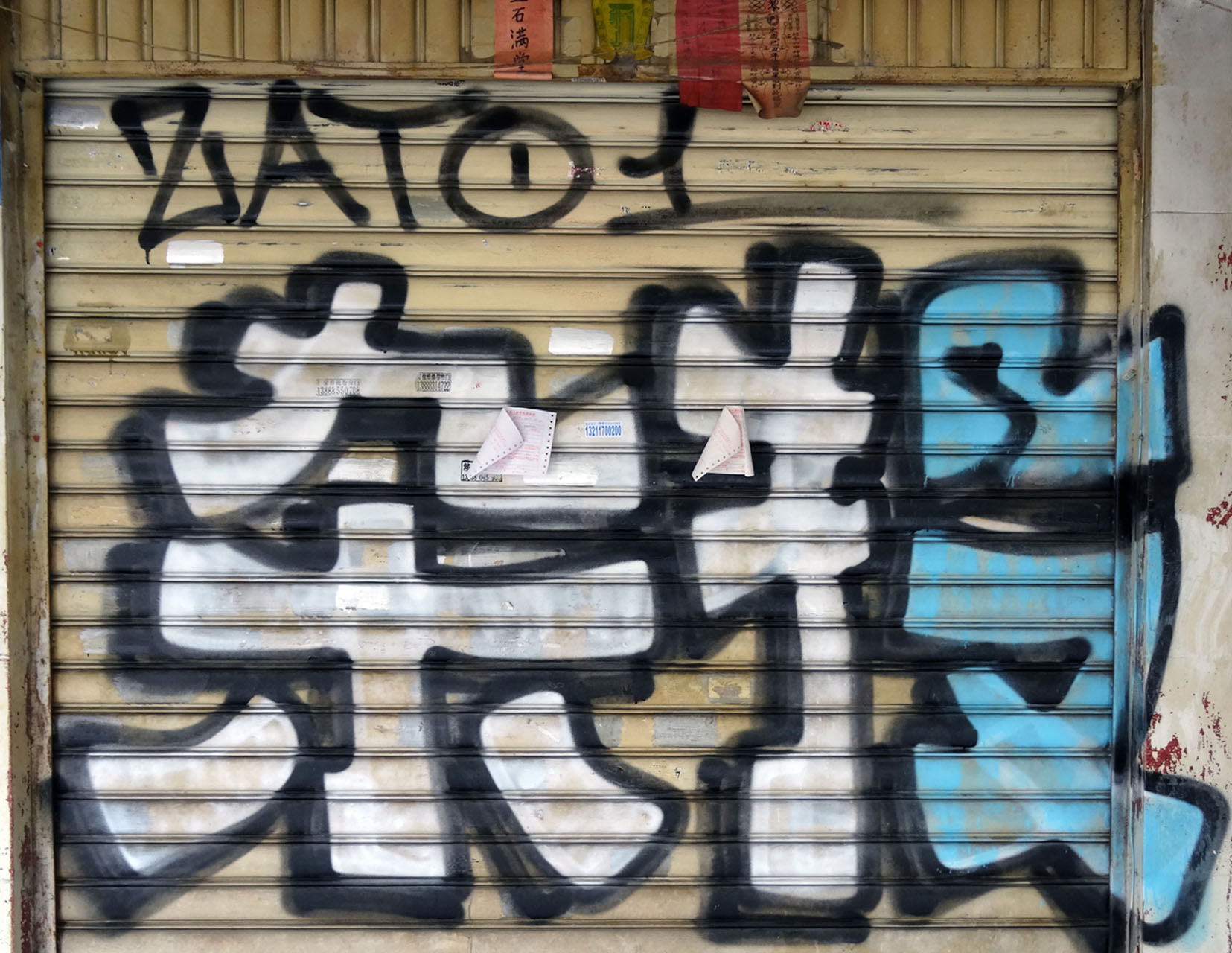
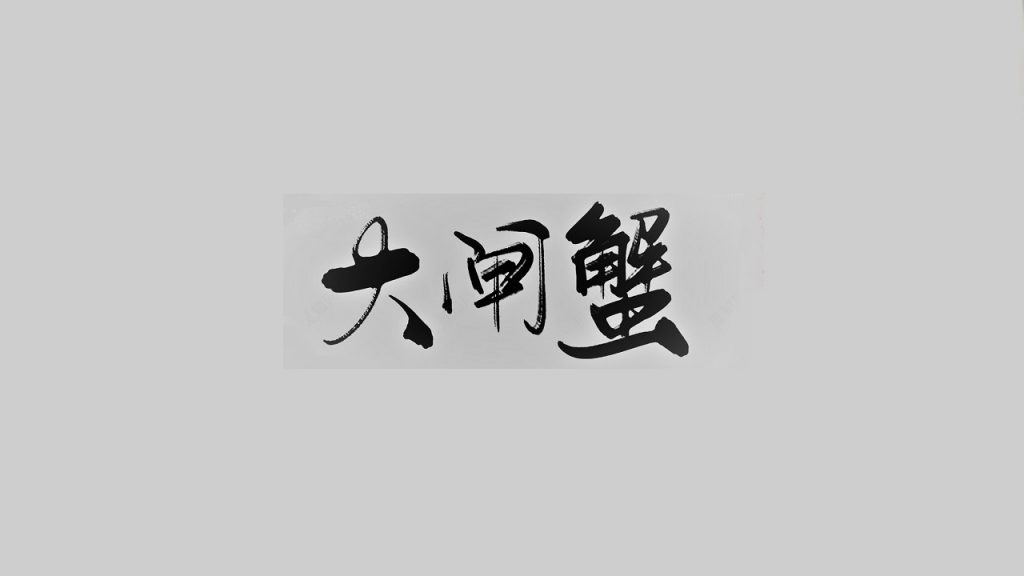
Life is life and not the thing we want it to be. That’s why it so often slips out of our hands and why the story of every life boils down to the story of the tension between the urge to do the thing you want and the combination of circumstances bent on keeping you from it, let’s say, your dream. It seems unnecessary to stress that this tension creates a lot of frustration. Put like this, life tends to look more like a process of breaking down – as Fitzgerald wrote – than anything else, like some kind of title bout, where all that matters is staying on one’s feet as one’s ride the punches. The progress of an education, whether a contender’s, for the Heavyweight Championship of the World or one’s own, has always interested me (that´s why I like the Chinese proverb, 活到老, 学到老 huó dào lǎo, xué dào lǎo, which means something like: [If one] lives to an old age, [one will continue to] learn until old age.)
Long ago, perhaps aware of the punches coming my way, I came up with a very small stratagem – sometimes, small things are crucial – to help me escape from the frustration, bad moods, or weakness, that life can deliver. The stratagem is simply a list of 10 delicious dishes I could choose from to give me back my lust for life or that energy I lacked after the latest blow. I have yet to complete the list. Moreover, a lady once said to me: “Let me tell you your favourite dish”. She didn’t say much more, because it seems that at some point in her life she had acquired the habit of not doing so, of politeness, and converted said habit into a question of manners, like when one leaves a tiny bit of food on the plate to show one’s host that the meal was abundant. Oh les femmes!
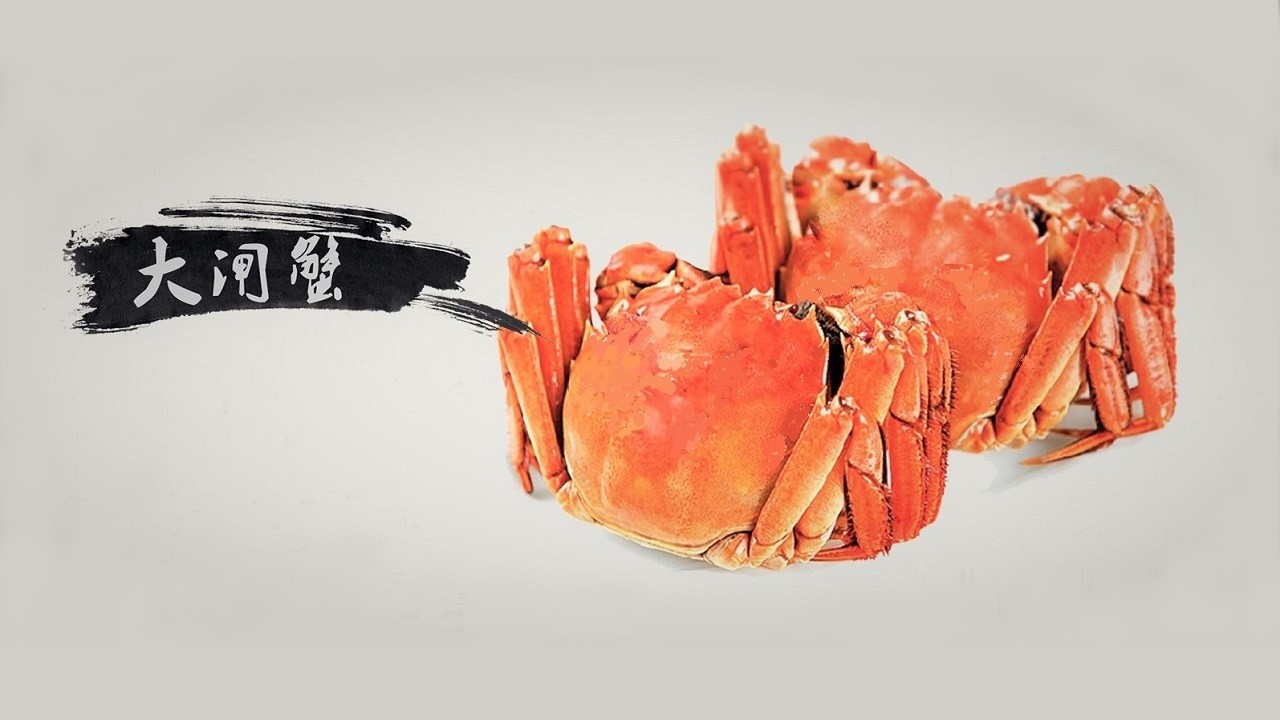
Please find below my list, in no particular order, because each has its moment.
– Dazhaxie (大闸蟹), wonderful Shanghainese river crabs, only available from late September to November (see photo).
– Chayedan (茶葉蛋) or Tea egg: delicious eggs cooked in spices, soy sauce and black tea leaves.
– Toro (とろhiragana or トロ katana), the fatty cut of tuna belly.
– Caviar, which needs no explanation.
– Morcilla, or spicy black pudding, from Leon, in northern Spain.
– Escamoles, a Mexican dish made from ant larvae and pupae.
– Spanish dry cured ham (jamón ibérico).
– A juice of Acaí, made from a Brazilian berry.
As you can see, the list is incomplete and needn’t stop at 10, which when all is said and done, is simply a number we’ve chosen from our habit of rounding up things, a sort of security blanket to ward off our loneliness and frustration. By the way, another femme, French of course , said you do not forget Le Champagne!!!
